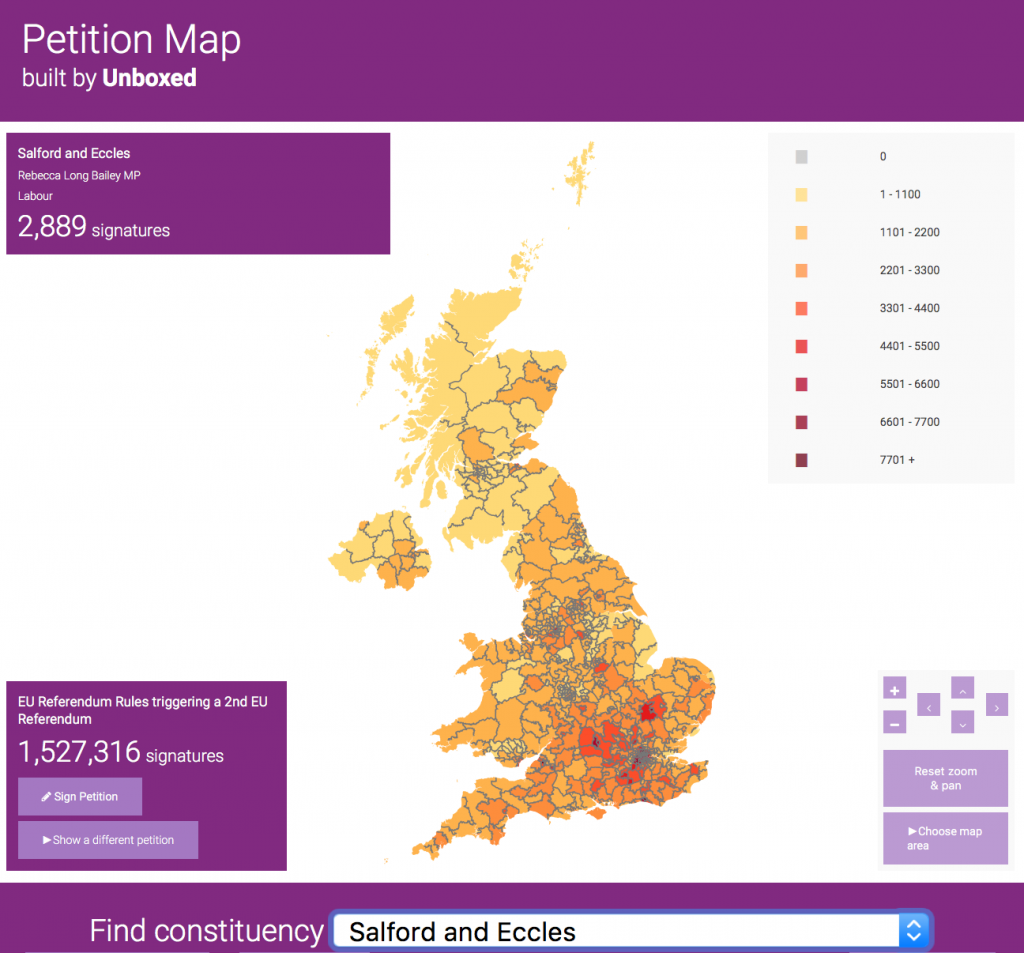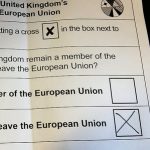 The polling stations have closed, over 30 million votes have been counted and verified and the result is in: and it’s Brexit. Over the coming months, the UK must now negotiate on a number of Brexit consequences.
The polling stations have closed, over 30 million votes have been counted and verified and the result is in: and it’s Brexit. Over the coming months, the UK must now negotiate on a number of Brexit consequences.
Below are the thoughts of academics from the University of Salford addressing some of the key Brexit consequences. Find out what they think about a range of topics such as tourism, financial and political stability, international relations, premier league, digital business and employment law
First up, tourism expert, Dr Neil Robinson:

(CC) by Juanedc
“In the short term, holiday flights to Europe will probably increase in price as a result of Brexit, but let’s not be too down – this is democracy at work, whether we agree with the outcome or not, the fact that we were given the option to vote should be applauded.”
Professor Karl Dayson, Associate Dean (Research and Innovation):
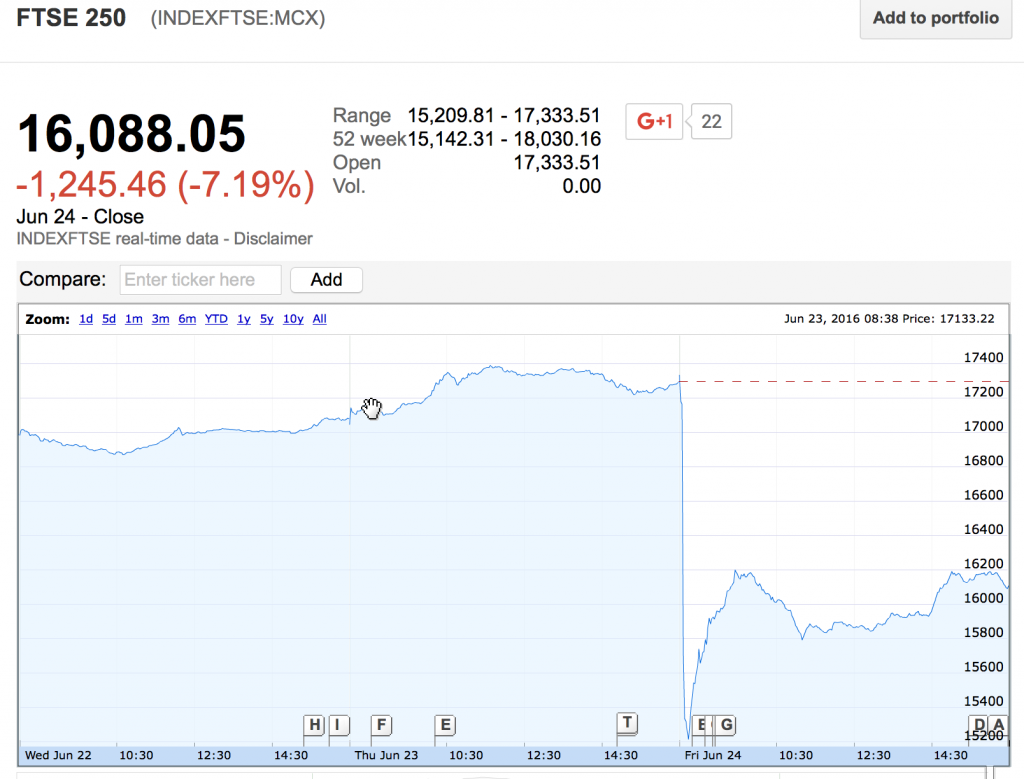
“As predicted, the stock markets have already taken fright in response to the news, with the pound plummeting to its lowest levels since 1985, the FTSE 250 falling more than 7%. This means that Friday saw a 11.1% fall in US dollar terms – 11% fall is among the worst days in stock exchange’s history.
The Bank of England’s Mark Carney saying he will do whatever it takes to protect the banks.
“This is likely to be followed by 2-7 years of disruption, and a probable bumpy recession.
The UK is no longer the world's 5th largest economy. The £ has fallen so far that France has overtaken us. #EUref
— The London Economic (@LondonEconomic) June 24, 2016
Don’t be surprised if a campaign to ‘re-join’ gets traction if things turn ugly. The economic uncertainty will only be matched by political uncertainty, with a Conservative leadership campaign to find a successor for Cameron by October, Labour MPs potentially toppling Corbyn for his failure to campaign properly, and the SNP calling for a second Scottish referendum.”
Roland Fox, lecturer in economics and a specialist in international finance:
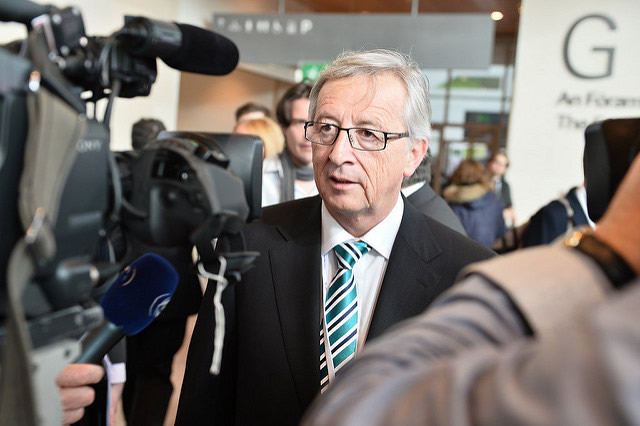
Jean-Claude Juncker (CC) by European People’s Party
“The ball is really in the EU’s court now. One route would be to force out or side-line Jean-Claude Juncker who is in many ways most to blame and have an EU wide exit vote.
“Charles de Gaulle, that hugely wise French president, once called the UK a US aircraft carrier moored off the Continent. How right he was, and it will serve as a constant irritation in the EU unless they reaffirm their unity in some way.”
Dr Moritz Pieper, lecturer on international relations:
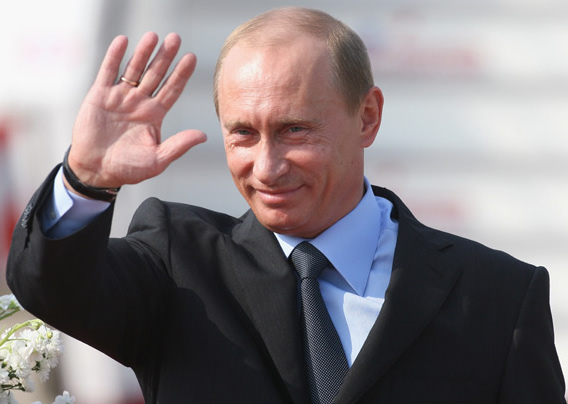
(CC) by Jedimentat44
“Until the UK formally leaves the EU following negotiations, all security and foreign policy mechanisms will continue to work as usual. Thereafter, the UK will no longer be a part of the European External Action Service (EEAS), the EU’s foreign policy machinery, and so will not be able to contribute to EU crisis management and diplomacy.
“Outside of the Council of Ministers, London will no longer be able to decide on such vital issues as the imposition of EU sanctions – in the spotlight recently with the decision to extend EU sanctions against Russia – and the UK will also no longer be in a position to contribute to the formulation of common policies in the European neighborhood.
“While intelligence sharing mechanisms have already been stronger on bilateral bases with other member states such as France and Germany, the UK will not be a part of Europol anymore, and will have no say in the EU’s Common Security and Defence Policy.”
Professor Simon Chadwick, Professor of Sports Enterprise at the University of Salford:

(CC) by Rich
“We are moving into uncharted territory here and this could have a big impact on the Premier League. If the pound continues to fall then foreign talent will become more expensive, so that could have a huge knock-on effect in the summer transfer window. Plus the wages of players coming to England are now worth a lot less than previously.
“As many as 400 players in the top two divisions in England and Scotland could fail new work permit requirements, including players like Dimitri Payet and N’Golo Kante. But it is very unlikely they will have to leave immediately.
“Will it boost home-grown talent? Clearly if we are going to restrict the movement of players, clubs will have to get their players from somewhere. But a lot of clubs have downsized their reserve teams. There could be a big onus on clubs to reconstruct their talent systems and English players could get more opportunities again. But at the same time the lack of international exposure could impact on their skills as they are not playing with the best players anymore.”
Eileen Fairhurst, Professor in Public Health with extensive experience of chairing NHS trusts:

“One of the Leave campaign’s main arguments was that money which would be returned to the UK from exiting Europe would become available to be spent on the NHS.
“However, there remain serious doubts about whether that will be the case. The allocation of resources is always a political decision made in Parliament by the government, and today’s response from the City, as well as the Prime Minister’s resignation announcement, make this even more problematic.
https://www.youtube.com/watch?v=C8UjkoFfG2Y
“Within the academic sector, programmes such as Erasmus have had a huge impact on the careers of many of our academics and have provided excellent opportunities for British students to enhance their education. It would be a grave disservice to the younger generation if our participation in such schemes were abandoned.”
Dr Aleksej Heinze, co-director of the Centre for Digital Business:
![]()
(CC) by Giuseppe Milo
“Now that Britain has voted to leave the EU, what are the digital business opportunities for the UK? There are three countries beyond Europe that offer potential as digital trade partners.
“The most obvious option is a closer collaboration with the real Silicon Valley in the USA. North America already dominates the Digital Economy around the globe. Forging stronger ties with Mountain View, California could be a safe long-term option. Some US-based organisations such as Google already have their physical base in London.
“In Asia, Bangalore is becoming the Silicon Valley of India. With the population of India predicted to overtake that of China in the foreseeable future, re-invigorating trade links and striking digital investment and innovation deals with the country could be a strategic move.
“In Africa, Nigeria is investing into its intellectual capital and digital infrastructure. Building trade links and closer digital business relationships with the Nigerian community would also offer a strategic and potentially viable investment of energy for a UK outside of the EU.
“In terms of European digital superpowers, Amsterdam is the 2016 European capital of innovation, so forging closer bilateral links with the Dutch could be fruitful in the long-term.
“As for the rest of European Union Europe, the UK will have to wait and see what the Digital Single Market decision is. A lobby group could be established to try and influence the decision from the outside the negotiation table.”
Dr Jonathan Lord, Lecturer in Human Resource Management and Employment Law:

Human Resource Management and Employment Law (CC) Michael Coghlan
“Leaving the EU will not change current legislation, but will more likely affect the future protection of workers’ rights. It’s highly unlikely that legislation introduced by the EU will be removed as not only has it been entrenched into UK employment legislation, but has been woven into the best practice for employers dealing with employees.
WATCH: Dan Hannan tells us why Brexit might not mean big cuts to immigrant numbershttps://t.co/z5QzLfwOfB
— BBC Newsnight (@BBCNewsnight) June 25, 2016
“The main ramifications of this historic vote will be felt in the future. The protection of workers’ rights has been one of the key objectives of the EU, which has constantly scheduled future employment rights.
“In 2018 the EU General Data Protection Regulations is going to replace the current data protection directive. Will the UK implement this directive? It will take two years for the UK to extricate itself from the EU, it’s an unprecedented move but it would be unusual for the UK to agree to future labour law from an institution of which it is no longer a member.
“The other issue is when the European Court of Justice and European Court of Human Rights will no longer accept cases to be heard. This will be written into the Brexit agreement, but it could affect current and imminent cases that want to utilise a court which could act independently of the UK legal process.
“Therefore it’s more likely that employment law already implemented will not change, but future law will certainly be influenced from the UK, although one would hope that the UK would still adopt the best practices of European law.”
What are the Brexit consequences for you?

Brexit vote (CC) by (Mick Baker) rooster
The three Greater Manchester University leaders say they’ll weather Brexit storm after EU Leave vote they ‘didn’t want or expect’. Vice-Chancellor Professor Helen Marshall said leaving the EU would present ‘significant challenges’, but added:
“Yesterday’s decision to leave the EU will naturally pose significant challenges for universities, and of course for the whole of the UK.
“We will now start work with all our partners and the government to understand the implications of the outcome. I would like to reassure all of our staff and students from the family of EU nations that you are hugely valued.”
What do you think the key Brexit consequences are?
